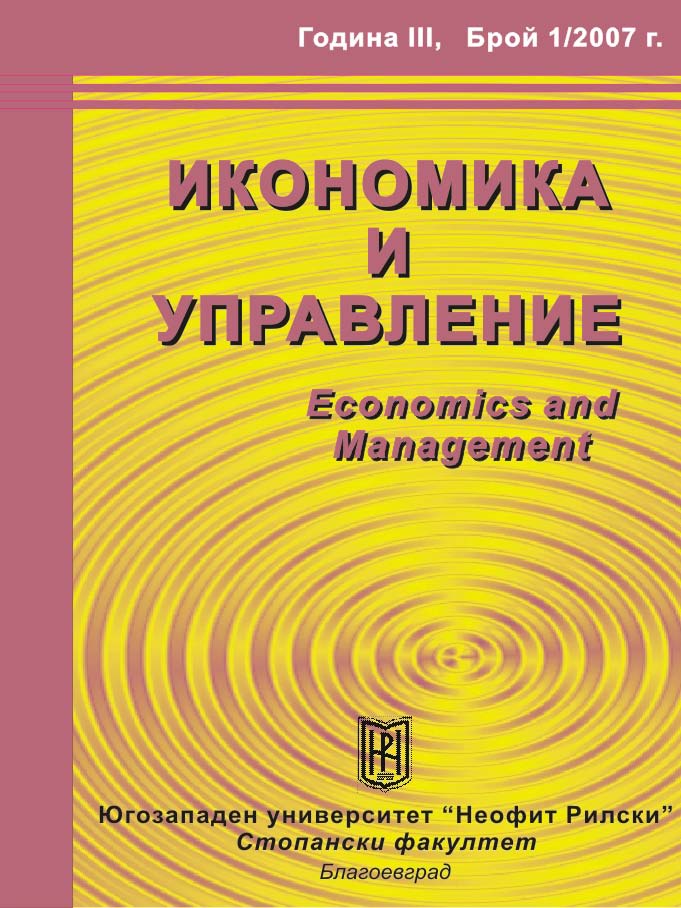VALUE ADDED TAX IN BULGARIA ON THE THRESHOLD OF THE EU ACCESSION: A COMPARATIVE SURVEY
VALUE ADDED TAX IN BULGARIA ON THE THRESHOLD OF THE EU ACCESSION: A COMPARATIVE SURVEY
Author(s): Desislava StoilovaSubject(s): Financial Markets, Public Finances
Published by: ЮГОЗАПАДЕН УНИВЕРСИТЕТ »НЕОФИТ РИЛСКИ«
Keywords: value added tax; EU VAT system; intra-Community supply and acquisition; VAT burden
Summary/Abstract: This paper is intended to outline the basic features of the VAT system applied across the European Union. The value added tax is presented as a general, indirect, broadly based consumption tax, which is widely employed in EU, because of its advantages, namely neutrality, transparency, invisibility, and rationality. Besides, VAT is a multi-stage net tax, which avoids cascading, due to the apportioned tax accounting and collection. As far as VAT accounting system is self-policing to a high degree, VAT application is precondition for strong financial discipline. It is noteworthy, that these undoubted advantages of VAT can be only enjoyed in a developed country with mature fiscal system, stable legal framework, traditionally strong system for financial audit, and perfectly working tax administration. Basically, VAT has regressive effect as the tax charge relies on personal end-consumers, burdening the low income population. To a high degree this effect is neutralized by the old EU Member States, while most of them have retained the privilege to levy zero rates, super reduced rates and reduced rates on essentials. Although to a limited extent, most of the new Member States have managed to negotiate such a privilege for themselves. Unfortunately, Bulgaria has not succeeded to protect its low income population. Because the EU VAT system applies an origin based accounting mechanism when end-consumers are taxed, consumption of essentials in our country bears the charges of the highest tax burden. Moreover, Bulgarian tax system is extremely based on consumption, meaning that the revenues from indirect taxes on consumption exceed more than three times the revenues from direct taxes on income and property. As a main tax, VAT has ensured almost one third of the total budget revenues during the last few years. Because of the immature financial system and inefficient tax administration, VAT accounting and collection during the pre-accession period has been more successful on the borders than inside the country. Consequently, a fiscal shock is expected after the EU accession due to the frontier control abolishment.
Journal: Икономика и управление
- Issue Year: 3/2007
- Issue No: 1
- Page Range: 13-23
- Page Count: 11
- Language: English

